Can lawn management practices contribute to the improved health of our pollinators? The answer is a resounding YES! Here are some helpful suggestions to consider during National Pollinator Week, and the rest of the year as well.
Lawn management can feel like a full time job. Some folks have lawns that are regulated through a homeowners association while other feel the peer pressure from neighboring gardeners. Still others truly love the traditional, green expanse and play area. Whatever the reason, people flock to garden centers this time of year for lawn care products that often include pesticides.
But are pesticides required for a healthy, attractive lawn? Not necessarily! The folks over at the Northwest Center for Alternatives to Pesticides have a great fact sheet to help all of us who maintain lawns.
Forget the Weed ‘n Feed: Follow These Steps Instead!
- Monitor your soil health.
- Choose the right seed for your property.
- Water just enough.
- Mow high and often.
- Manage your weeds.
Consider These Lawn Management Alternatives
A traditional, mono-culture grass lawn might not be right for you. These lawn alternatives are attractive and offer valuable habitat for pollinators and beneficial insects.
- Eco-Lawns (also known as Eco-turf): Specialty mixes combine grass and flower seeds to create a lawn that requires less moving, watering, and fertilizing.
- Moss Lawns: Moss creates a soft, wildlife-friendly, lawn that uses minimal water, requires no pesticides, herbicides, or fertilizers, and will never need to be mowed. Read more in Growing a Moss Lawn.
- Meadowscapes: Planting native meadow grasses and wildflowers helps our native birds and are deep-rooted and drought resistant.
- Rain Gardens: Funnel runoff from rooftops though low-lying spaces in the landscape planted with native plants adapted to wetter soils. Get a copy of the Oregon Rain Garden Guide here.
Print up the fact sheet below for more details and take your home landscaping to the next level!
[wpfilebase tag=file path=’conservation/urban/love-your-lawn-without-pesticides.pdf’ /]
Are you a resident of urban Clackamas County? If so, you may be eligible to participate in the Backyard Habitat Certification Program. This program provides habitat connectivity between existing natural areas in our urban centers with those in our rural communities. This is important for the movement of wildlife, including pollinators.



